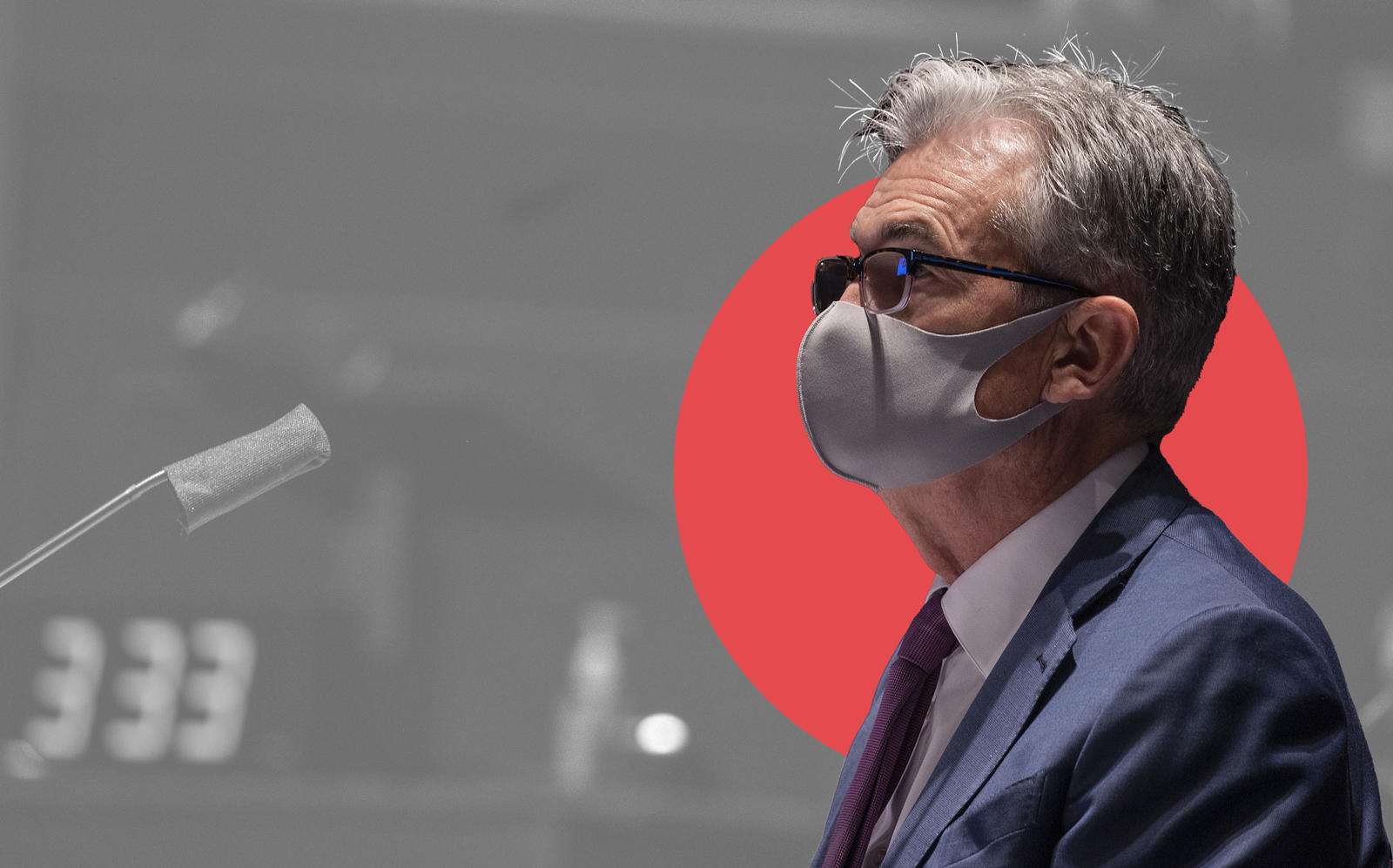Trending
Real estate stocks benefit from second quarter rally
Government support of economy helped markets mount historic comeback

While hospitality companies and retailers have been among the hardest hit by the coronavirus, real estate stocks in the second quarter largely tracked the broad market rally.
Buoyed by unprecedented government support of the economy, those Q2 market gains were the highest in two decades.
“Since the pandemic sell-off reached its nadir in late March, REIT shares have gained 40%,” said Michael Knott of Green Street Advisors. The gains kept real estate on pace with the broader market, but REITs remain down about 20% from late February, he said.
The FTSE Nareit Composite, an index of real estate investment companies, increased 24.1 percent in the second quarter, leaving it down 14.8 percent on the year.
“Optimism has pervaded the markets,” said Heidi Learner, head of real asset research for CBRE Global Investors. “I wouldn’t have said the S&P would be higher today than a year ago” given the extent of the coronavirus pandemic.
The second-quarter rally “reflects a ton of optimism around an economic recovery and the market’s addiction to the historic fiscal and monetary stimulus that was rushed out,” Knott added.
During testimony before Congress Tuesday, Federal Reserve Chairman Jerome Powell highlighted the link between the virus and the economy. “While this bounceback in economic activity is welcome, it also presents new challenges — notably, the need to keep the virus in check.”
As part of a national social distancing effort begun last quarter, many businesses switched to remote operations. Tech stocks soared as a result. The Nasdaq Composite, weighted in favor of companies such as Apple and Facebook, gained 31 percent in the last three months, and 18 percent this year. QTS Realty, a REIT specializing in data centers, grew 10 percent in the second quarter and is up 18 percent since the start of 2020.
The rally has extended to all major indices. The Dow Jones finished the second quarter up 18 percent, and the S&P finished up 20 percent.
However, a record 31 million Americans are receiving unemployment benefits and some states have scaled back economic reopening plans to beat back a surge of coronavirus infections.
“The recovery has been uneven,” said Learner. “Industrial property will see more demand from last-mile deliveries as e-commerce penetration accelerates.”
“But the near term future for hospitality is unclear,” she said. “It remains to be seen how long travel for leisure and business events will be held down.”
Nonetheless, Marriott International recovered 24 percent of its share price since the end of March, when the coronavirus triggered the closing of many of its hotels. Shares of Hilton Worldwide increased as much as 31 percent in the second quarter before closing at $73 per share, 7.6 percent above its first-quarter finish.
In New York, where hotel occupancy rates have cratered, the Sapir Corporation said it will turn some of its hotel rooms into offices as a way to beat the pandemic blight.
Markets may be pricing in expectations of additional monetary support such as a CMBS loan facility, which has bipartisan support, and would allow commercial debt owed by pandemic-plagued companies — such as retail and hospitality businesses — to be refinanced.
Outside the mortgage-backed securities market, the Federal Reserve has purchased corporate debt through ETFs and directly from companies themselves, including 56 real-estate investment trusts.
Mall owners Westfield and Simon Property Group received the largest amount of Fed support, respectively accounting for 0.31 and 0.29 percent of its latest round of debt purchases.
Simon, one of the world’s largest commercial property investors, particularly in the retail sector, saw its stock price rise by 25 percent during the second quarter, leaving it down 54 percent on the year. Brookfield, the nation’s largest shopping mall operator, was up 22 percent from the end of March and is now just 14 percent off its year-opening price.
Industrial real estate giant Prologis climbed nearly 17 percent in the second quarter. After losing 10 percent of value in the first quarter, it finished the first half up by 4 percent.
Other real estate companies had similar swings. CBRE climbed 25 percent and was down 26 percent on the year. Cushman & Wakefield’s stock rose 17 percent, leaving it still down 39 percent. Colliers, another commercial brokerage, was up 20 percent, and industrial broker JLL saw its share price rise 9 percent, although the companies were respectively down 27 and 40 percent from the start of 2020.
“Full recovery,” Powell said of the economy, “is unlikely until people are confident that it is safe to re-engage in a broad range of activities.” In the meantime, the market recovery roars ahead.
Contact Orion Jones at orion.jones@therealdeal.com




